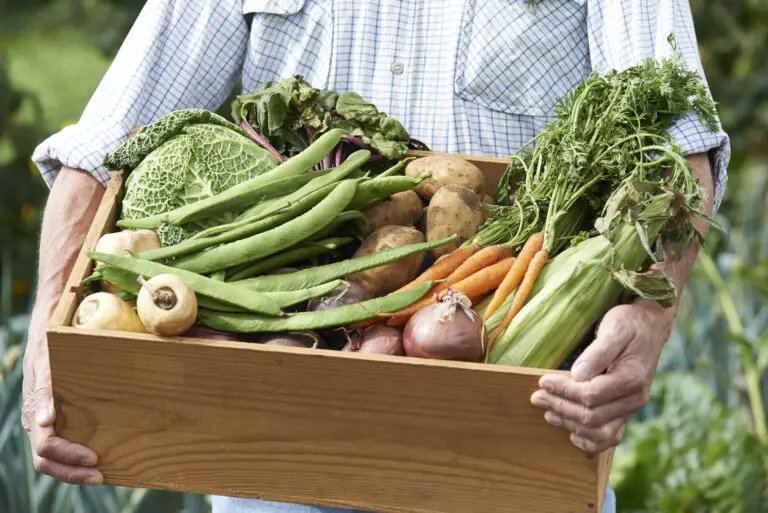In June last year, the Government published its long-awaited Food Strategy White Paper, which aimed to create a more prosperous food system, delivering healthy, sustainable and affordable diets for all. Its key objectives were a prosperous agri-food and seafood sector that ensures a secure food supply; a sustainable, nature positive, affordable food system that provides choice and access to high quality products that support healthier and home-grown diets for all; and trade that provides export opportunities and consumer choice through imports.
The White Paper was introduced against the backdrop of increasing challenges around domestic and global supply and demand; rising prices; and growing public scrutiny around food poverty and health and diet inequalities. It was published in response to then-Food Tsar Henry Dimbleby’s National Food Strategy, which was an independent review of England’s national food system. The review included a suite of recommendations to support with tackling the challenges, pushing government to make significant changes.
The Government’s Strategy was met with mixed reviews, with representatives from across relevant industries suggesting that Dimbleby’s recommendations had been either cast aside or watered down. Dimbleby himself was particularly critical, arguing that what the Government had produced was “not a strategy”, and they had failed to implement “one vision across the whole system.” However, other stakeholders saw the White Paper as taking steps in the right direction, with the Food and Drink Federation’s CEO, Karen Betts, calling it “an endorsement of the success and centrality of the UK’s food industry.” It was seen to be just the beginning of the conversation, with greater detail to be worked on over the months ahead.
A year down the line however, and it’s difficult to trace how this conversation has continued, or how the Strategy has been implemented so far. As a result, the Government has faced push-back from various industry stakeholders, with Henry Dimbleby resigning his position as Food Tsar in March, blaming the Government’s “insane” inaction against obesity. This timed in with the publication of his new book, Ravenous, which looked at why the food system is leading us to disaster, and what can be done about it.
Meanwhile, a recent webinar with Anna Taylor, Executive Director at The Food Foundation, and Professor Bob Doherty, Director of FixOurFood, led to criticisms of the Government’s perceived failure to deliver on this Strategy, with the numbers of those using food banks and being impacted by food insecurity continuing to climb. Speakers also cited stalling and policy U-turns, including the decision to scrap the planned Horticulture Strategy, which Anna Taylor called “extraordinary.”
However, the landscape has changed considerably since the Food Strategy White Paper was published, which has undoubtedly impacted its implementation. The cost of living crisis has continued to intensify over the past year, and the priorities of government, consumers and businesses alike have shifted. More than ever, affordability and access to food is the focus, meaning sustainability and healthy eating are taking more of a back seat. Brexit has played a major role in this, impacting access to both food and labour. It isn’t just government policies reflecting this change – the Labour Party has similarly adjusted, with the party’s leader, Sir Keir Starmer MP, ruling out imposing a salt and sugar tax during the cost of living crisis.
The Farm to Fork Summit, held in May and hosted by the Prime Minister himself, further underlines that shift. The focus was on labour, innovation and supply chains, with no mention of healthy eating. Once again, this is something happening with the Labour Party too, with its latest policy handbook outlining a clear focus on supply chains with no mention of trying to ensure sustainable and healthy diets.
As the issues around food show no signs of abating, there seems to be little indication that the Government will strengthen its resolve to deliver on its Food Strategy. With a General Election coming up at some point over the next eighteen months, the cost of food will undoubtedly be a sticking point, and both parties will need to deftly articulate exactly how they plan to tackle the problem. Dimbleby’s original recommendations for a healthier Britain may entirely fall by the wayside, as other priorities take precedence during considerably challenging circumstances.




